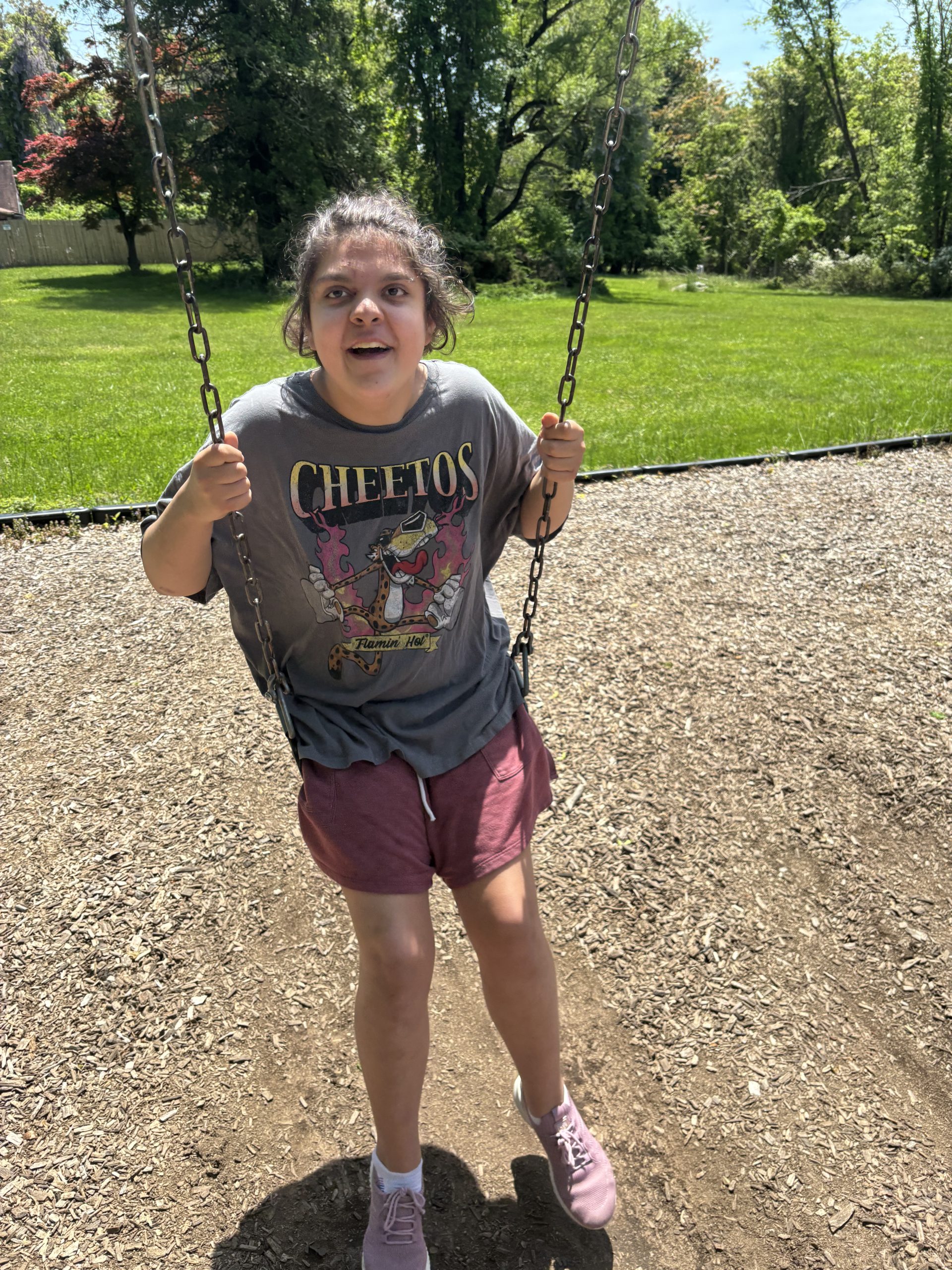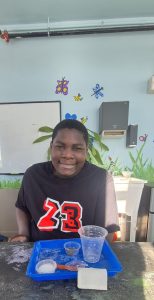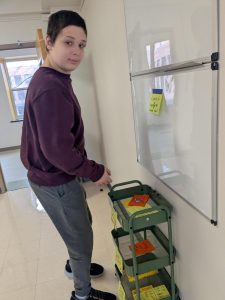Fostering independence for autistic individuals is crucial for enhancing their quality of life and enabling them to thrive within society. Autistic individuals often face unique challenges that can impede their ability to live independently, such as difficulties with social interactions, sensory sensitivities, and executive functioning. Despite these challenges, promoting independence is not only possible but essential for their personal growth, dignity, and integration into the community.
Independence begins with understanding and acceptance. Recognizing the diverse abilities and potential of autistic individuals is the first step toward creating a supportive environment. Each autistic person is unique, with their own strengths and areas for improvement. Tailoring support to individual needs is crucial, as a one-size-fits-all approach is ineffective. This personalized support can include occupational therapy, speech therapy, and other interventions designed to enhance specific skills.
One of the primary benefits of fostering independence is the empowerment it provides. When autistic individuals gain the skills to perform tasks on their own, they experience a sense of accomplishment and self-worth. This empowerment extends beyond the individual to their families and caregivers, who often feel immense relief and pride as they witness the person they care for achieving greater autonomy. Furthermore, this shift reduces the long-term dependency on support systems, which can be financially and emotionally taxing.
Education plays a pivotal role in fostering independence. Early intervention programs that focus on building life skills, social interactions, and academic abilities lay the foundation for future independence. Therapeutic schools, like Shrub Oak International School, incorporate inclusive teaching methods that accommodate different learning styles and provide necessary accommodations. This not only helps autistic students succeed academically but also prepares them for real-world challenges.
Vocational training is another critical aspect of promoting independence. Many autistic individuals possess unique talents and skills that, with proper training and support, can translate into meaningful employment. Employment not only provides financial independence but also fosters a sense of purpose and belonging. Employers must be educated about the benefits of hiring autistic individuals and the simple accommodations that can make a significant difference in their performance and well-being.
Living independently requires practical life skills, such as managing finances, cooking, and maintaining a household. Teaching these skills in a structured and supportive manner enables autistic individuals to take charge of their daily lives. Assistive technologies, such as apps for scheduling and reminders, can be particularly beneficial in helping them stay organized and manage their time effectively.
Social integration is another essential component of fostering independence. Encouraging participation in community activities and social groups helps autistic individuals build relationships and develop social skills. These interactions can significantly reduce feelings of isolation and improve mental health. Community programs and organizations should strive to create inclusive environments where autistic individuals feel welcomed and valued.
Support networks, including family, friends, and professional caregivers, also play an indispensable role in fostering independence. They provide the emotional and practical support needed as individuals navigate the complexities of daily life. However, the goal should always be to encourage self-reliance wherever possible, gradually reducing the need for external assistance.
Shrub Oak International School is dedicated to fostering independence in our autistic students across all areas of life through individualized education plans, life skills training, and community integration programs. We provide practical learning opportunities, such as cooking, personal care, and financial literacy, which enables our students to develop essential daily living skills. Additionally, vocational training and internship opportunities are provided to help students gain work experience and build confidence in real-world settings. By combining academic instruction with hands-on experiences, we aim to empower students to achieve greater autonomy and success in every facet of their lives.





